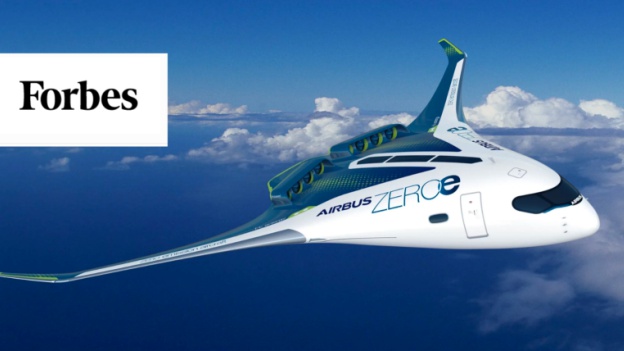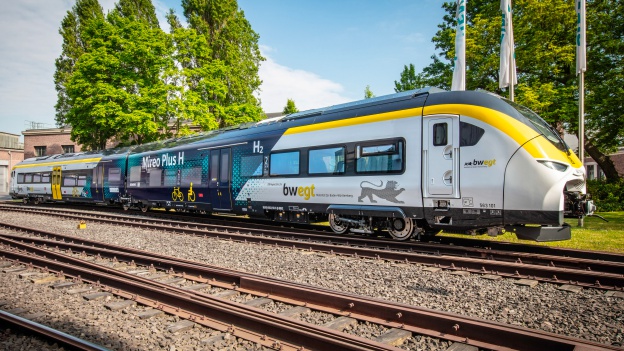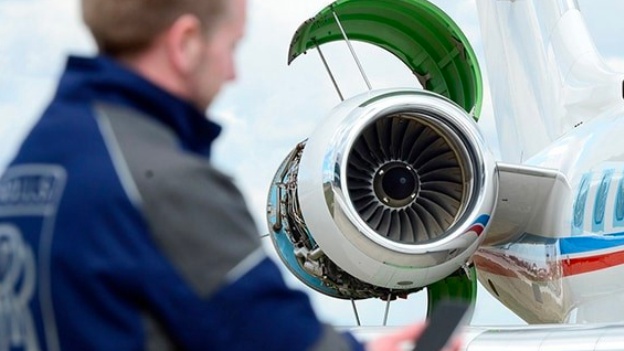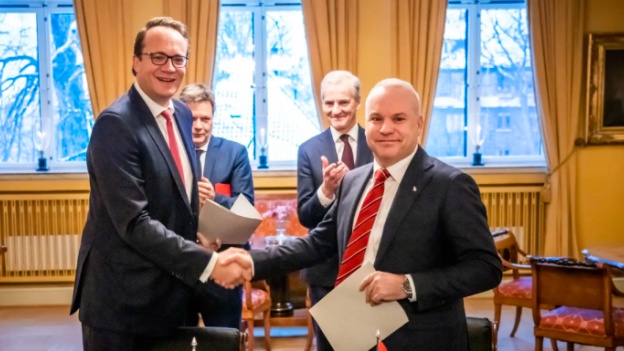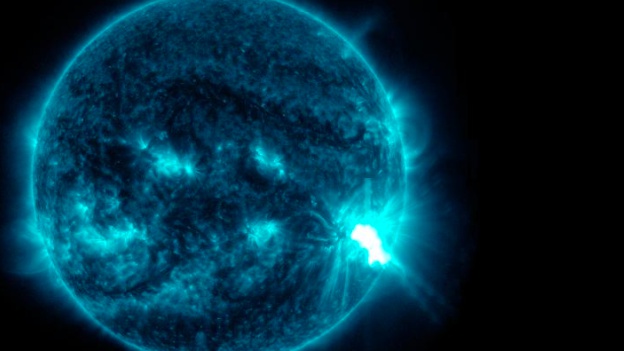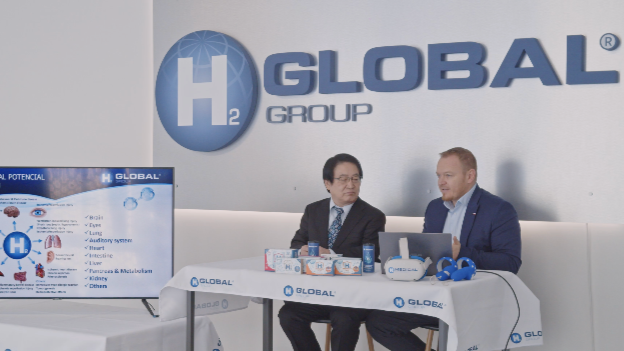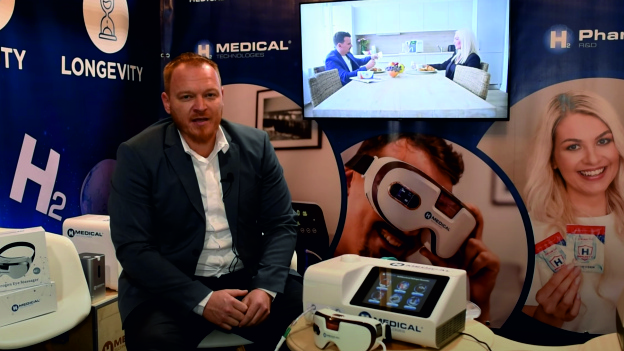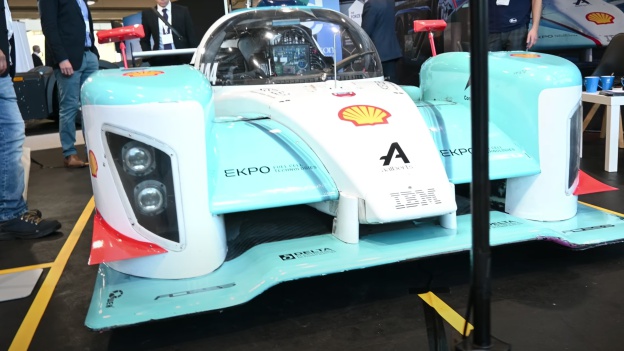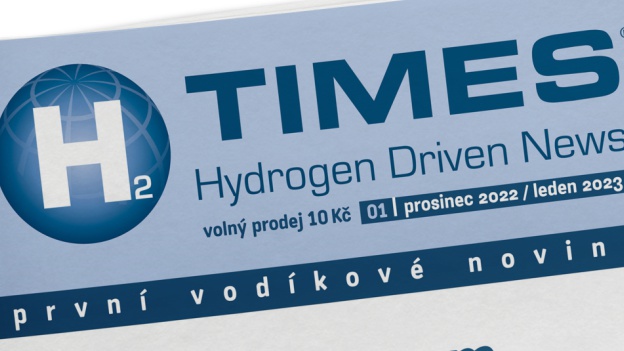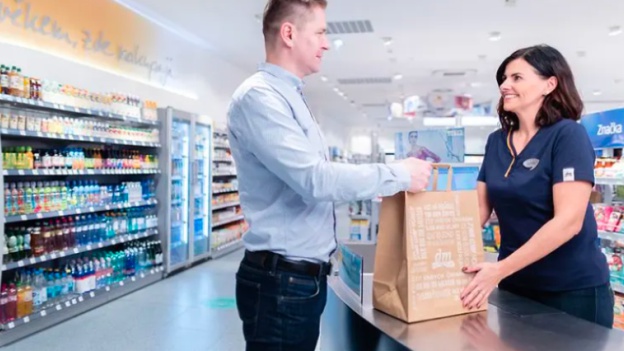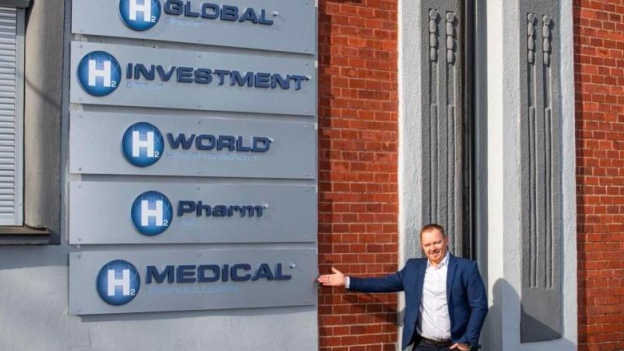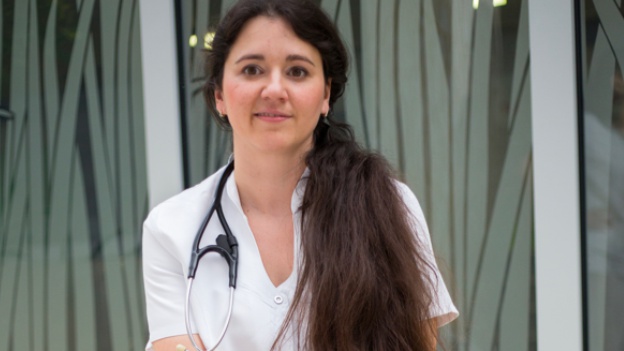The Germans want to achieve greenhouse gas neutrality by 2045. And this, among other things, with the help of hydrogen. That's why they are already starting to build the necessary infrastructure. One of the hydrogen projects, H2ercules, involves building a network of pipelines and supporting infrastructure to the Czech border for possible imports.
The H2ercules initiative was launched by OGE and RWE in 2022. The intention? To bring together producers, importers, storage operators, network operators and customers from different sectors on the basis of a specific infrastructure. "This cooperation aims to pave the way for further hydrogen projects. RWE alone reckons the project will enable up to 1 GW of new electrolysis capacity and open up new import opportunities. In addition, at least 2 GW of gas-fired power plants are to be converted to hydrogen as part of the project," says Hana Švédová, economic specialist at the Czech Embassy in Berlin.
The core of the H2ercules network is the state-subsidised GET H2 project, which OGE and RWE and their partner want to implement between the cities of Lingen, Gelsenkirchen and Duisburg by 2026.
H2ercules will build on this project. The aim will be to connect domestic production and important import points to the main consumption centres as early as 2028. To this end, the Germans are planning a pipeline from the North Sea which, together with the GET H2 network, will provide a direct connection from Wilhelmshaven and the import point in Norway to the Ruhr area. They also want to make the connection to Belgium in the same year. The pipeline will run between Eynatten and the Ruhr in order to supply the main demand in the Rhine and Cologne area.
"By 2030, the network should grow to more than 2,000 kilometres. In addition to additional lines in the Ruhr area and for connection to the Netherlands, the possibility of importing from France and the Czech Republic is also envisaged. The network will thus form a hydrogen backbone in western and southern Germany, reaching important consumption centres such as Frankfurt, Ludwigshafen and Karlsruhe, but also Nuremberg and Ingolstadt," says Hana Švédová.
So far, more than 20 other partners have joined the H2ercules initiative. The group covers the entire value chain and includes other manufacturers, importers, warehouse operators and customers from various sectors such as steel, refineries, glass and chemicals.
Source: mzv.cz, oge.net
Photo source: oge.net












